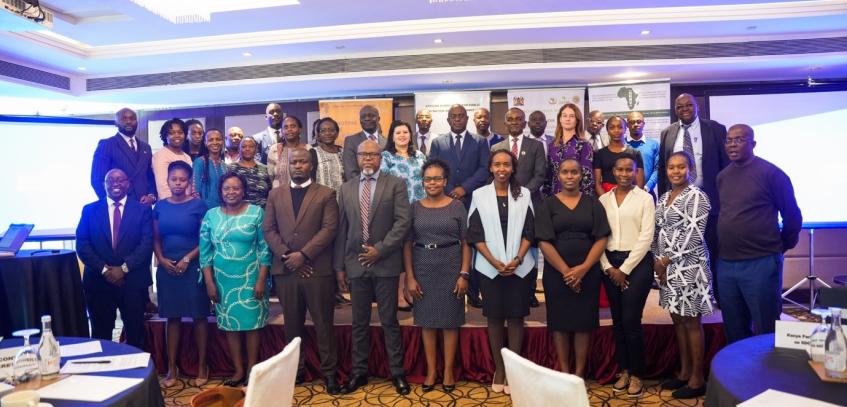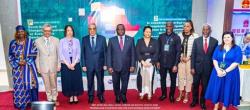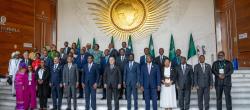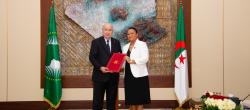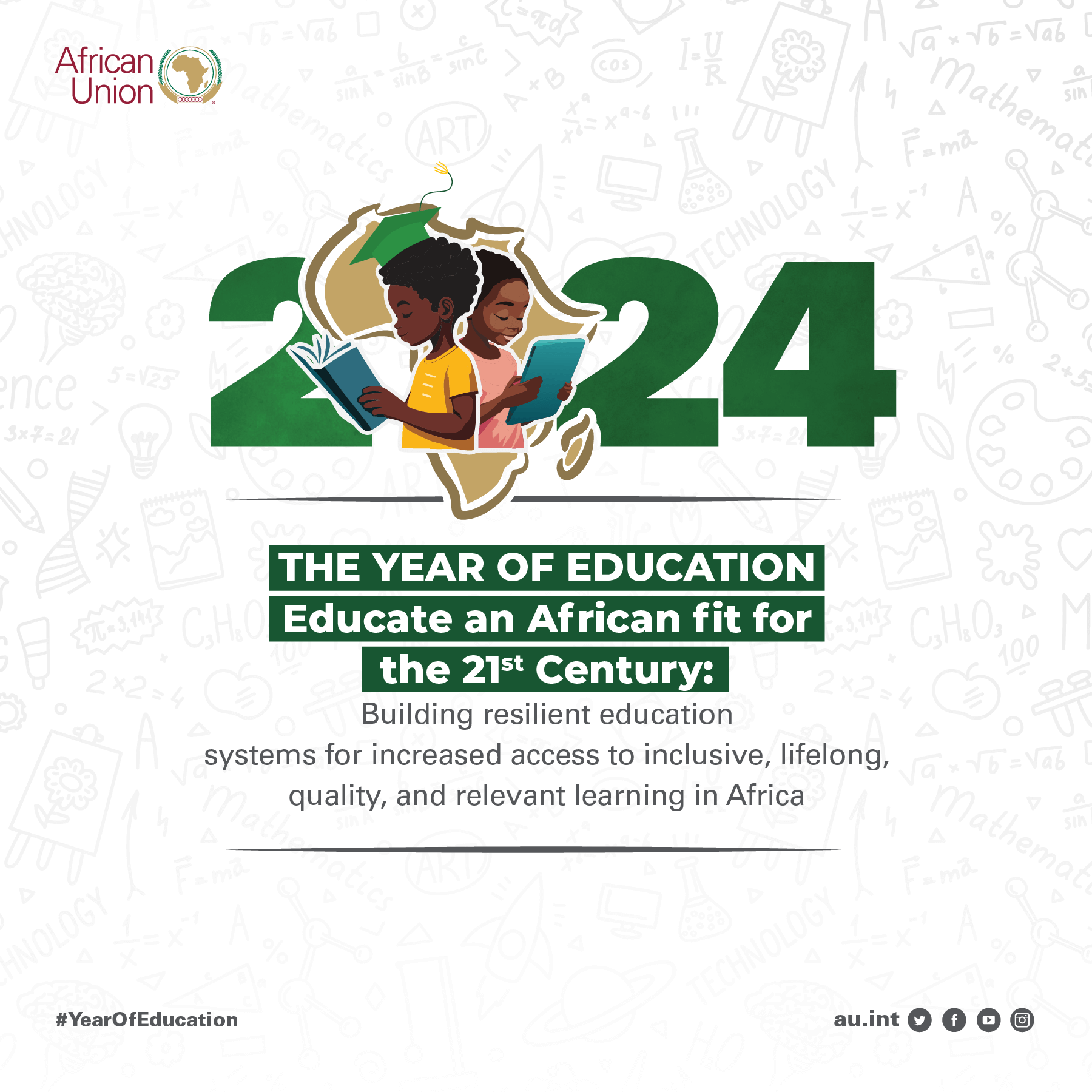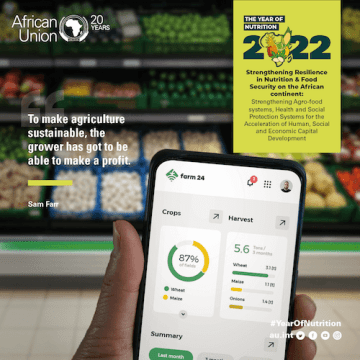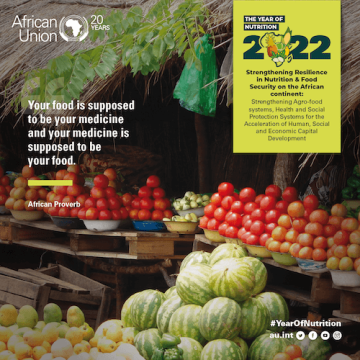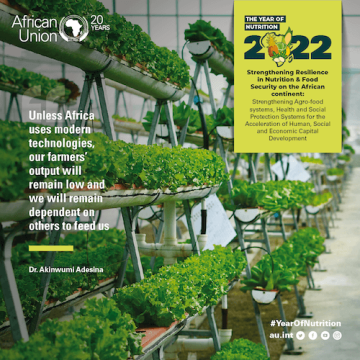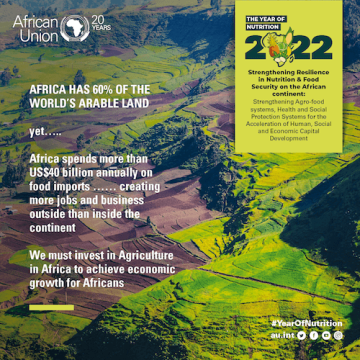Nairobi, 27 March 2024
The APRM Continental Secretariat in collaboration with the Organization for Economic Co-operation and Development (OECD), the African Association for Public Administration (AAPAM), Kenya School of Government (KSG) and the NEPAD/APRM Kenya Secretariat organised a national workshop entitled "Strengthened Policy Coherence for Implementing the 2030 Agenda and Agenda 2063 in Africa”. This workshop is part of a continental capacity-building initiative to assist countries in tracking progress towards governance mechanisms and policy coherence for the implementation of Agenda 2030 and Agenda 2063; the Africa we want.
The workshop aimed to initiate a multi-stakeholder dialogue on developing a systemic framework for sustainable development in Kenya through enhanced policy coherence. Furthermore, the workshop seeks to improve understanding among policymakers and key stakeholders on how institutional mechanisms and government tools can support integrated policymaking and enhance policy coherence for sustainable development and accelerate implementation of agendas 2030 and 2063.
The workshop was officially opened by the Chief Executive Officer, NEPAD/APRM Kenya Secretariat, Ambassador Dr Samori Okwiya, who emphasized the importance of harmonizing policies and actions to propel these agendas forward. He reiterated that policy coherence stands as a pivotal objective for governments worldwide, ensuring not only the prudent use of resources but also optimizing service delivery for citizens’ benefits.
Ambassador Philip Thigo, Special envoy on Technology, office of the President in Kenya noted that this workshop is timely as the continent is at midpoint of implementing SDGs. the idea of policy coherence is quite critical whether for agenda 2030 or agenda 2063. significance of policy coherence in boosting capacities and skills at the civil service to promote sustainable development. he also noted the growing role of technology and digitalisation in strengthening resilience within African societies and ability of civil service to bounce back against crises and shocks.
Further, the Secretary General-African Association for Public Administration and Management (AAPAM), Mr. George Kojo noted that the workshop represents an essential role in identifying priorities for enhancing governmental capacities, facilitating synergy, managing policy trade-offs, and mitigating negative spill overs in the implementation of Sustainable Development Goals (SDGs) and African Union Agenda 2063. He further stated that Countries should share experiences, avoid duplication, and share scares resources, to improve Agenda 2030 and African Union Agenda 2063.
Representatives from the government alongside civil society organisations and universities including Chuka University, Kisii University, Kenya Parliamentary Caucus on SDGs and Business, Intergovernmental Panel on Climate Change (IPCC) force, Parliament of Kenya, Cabinet of treasury, gender, environment, and civil service commission actively participated in the Workshop and the self-assessment toolkit pertinent to policy coherence for sustainable development.
The assessment briefly revealed that Kenya has certain areas of strength as far as policy coherence towards SDGs and Agenda 2063 is concerned, especially concerning i) national planning; ii) budgeting; iii) normative framework for implementation of both agendas; iv) stakeholder engagements including the role of APRM continental and national structures in promoting society dialogue and bridging gaps between the government and counties. However, further efforts need to be exerted to improve monitoring and evaluation system of both agendas as well as periodic reporting, procurement, and financing strategy.
It's worth noting that Kenya is foreseen to present the third voluntary national review (VNR) on Agenda 2030 during the High-level political forum (HLPF) in July 2024. Hence, this critical assessment feeds into the national review process and provides recommendations to the government to improve policy coherence in alignment with the APRM processes at national level.
About the African Peer Review Mechanism (APRM)
The African Peer Review Mechanism (APRM) is a mutually agreed instrument for member countries to voluntarily self-monitor their compliance with agreed international and continental governance standards. The APRM's vision is to build an Africa that is prosperous, peaceful, democratic, and sustainable. It aims to foster the adoption of policies, standards, and practices that lead to political stability, high economic growth, sustainable development, and accelerated regional and continental economic integration.

